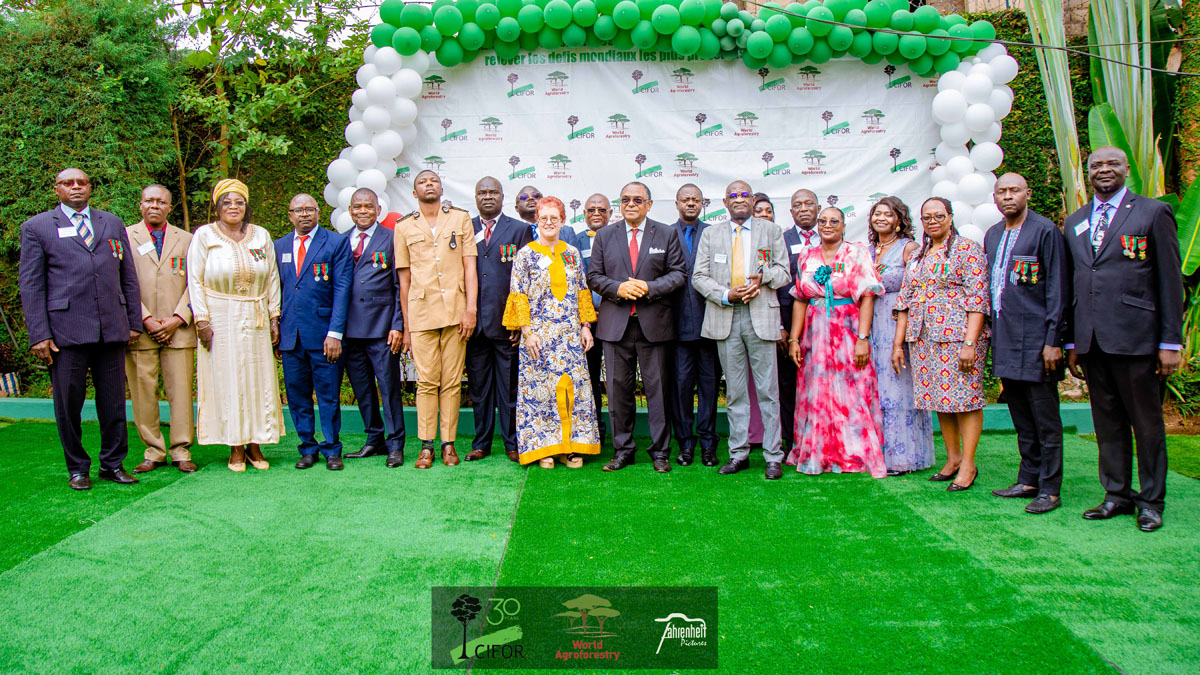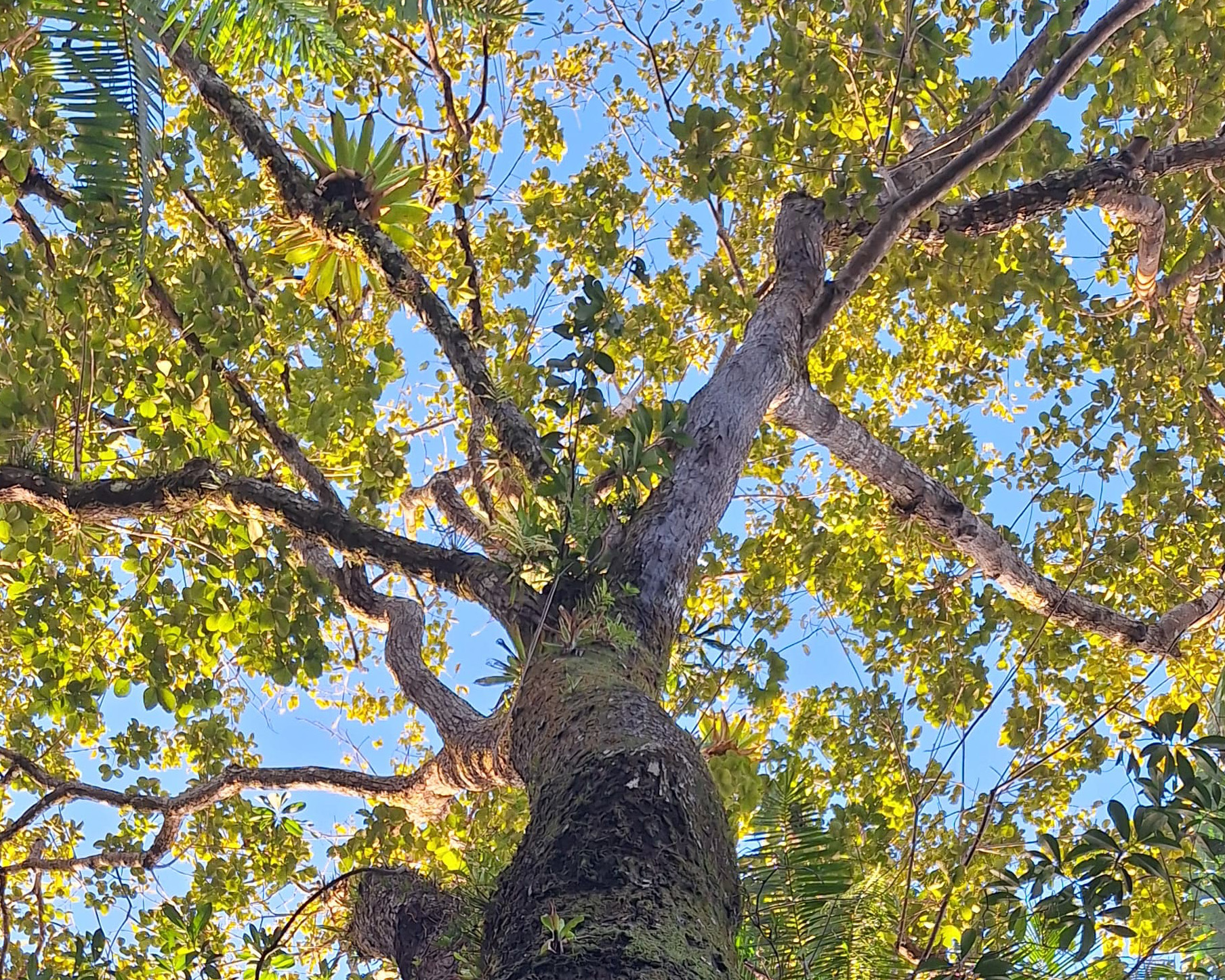Key lessons
- Community action plans (CAPs) offer a low-cost option to promote sustainable charcoal production. At a cost of around 13 USD per person per day, depending on the location, county governments could integrate CAP meetings into their activities.
- Training of Trainers (ToT) is another cost-effective approach to scaling knowledge on sustainable charcoal production. Building capacity among community trainers on the CAP process would enable charcoal producer associations (CPAs) to manage CAP meetings using their revenues from charcoal trade.
- Diversification of woodfuel products could reduce pressure on forests and trees, such as through the recovery of charcoal dust at processing sites and the use of tree branches and twigs for briquette production.
- To ensure that policy requirements for sustainable woodfuel production are met, the Kenya Forest Service and county governments can collaborate with CPAs to strengthen organizational and institutional capacities.
Download:
Publication year
2022
Authors
Wanjira, E.O.; Kitema, A.; Sola, P.; Muriuki, J.; Njenga, M.
Language
English
Keywords
community action, charcoal, sustainable production, capacity building, fuelwood, diversification, trade
Geographic
Kenya























